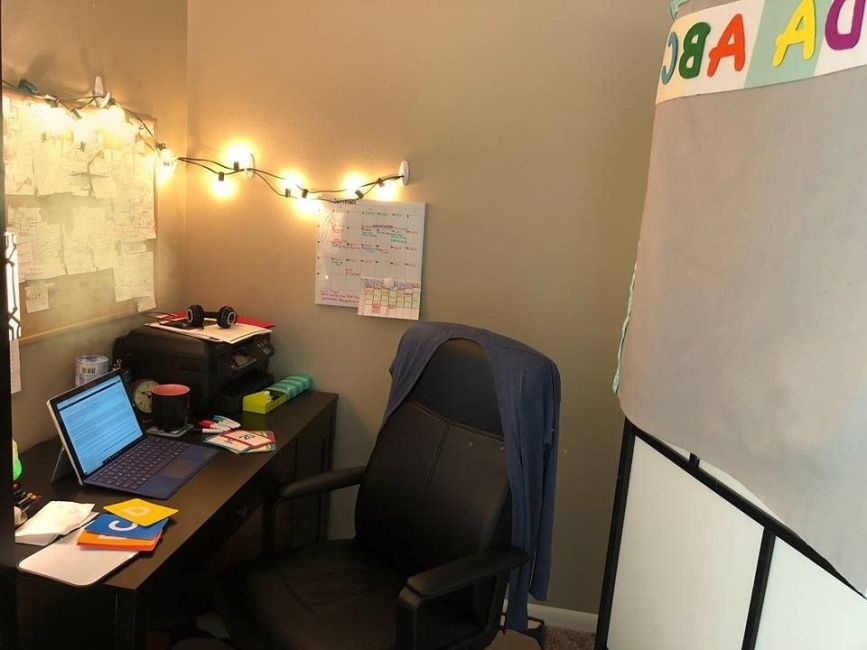WHAT I LEARNED IN TEFL CLASS IS...!
We’re always learning things. At the end of almost every class I have ever taken, the teacher asks what we’ve learned. Well, I’ve learned a lot of things. I learned that the mitochondria is the powerhouse of the cell, and that the Pythagorean theorem is A2+B2=C2. But do I use those lessons in my real life? Not really. I’ve found that lessons are best absorbed is we can see ourselves using them in real life. One of the courses I remember the most about is a personal finance class I took my first year at university. I’m not a business minded person and was only in the class to get a requirement out of the way. That being said, I still use those lessons. It’s been a few years, but I still use them and will continue to do so for years to come. So, the real question teachers should ask is this: What lessons have you learned from my class that you can use in real life?
For the TEFL Certification, here are the lessons I use IRL:
- Slowing down after asking a question!
It may or may not be surprising, but I am not entirely comfortable with silence. Most forms of silence, yes, but not the silence right after you ask a question. Typically, if you’re talking with friends and you ask a question, they’ll normally answer right away. If not, you might be like me and start talking about the question (giving more details to help them respond, or occasionally answering the question yourself). When working with students learning English, especially at the beginner level, they need time to think. That can take time, and as a teacher, you just have to accept the silence that comes when your student is trying to answer a question. It’s awkward and uncomfortable at first, but you learn to deal with it. Something my TEFL teachers told me was to count to ten in your head slowly. This is something I’ve found really helpful because it does two things. The first, and most important thing, it gives the student time to think. The second reason is that it gives you something to distract yourself.
- Having a true understanding of what time management actually is!
Time management is a fluid concept. It is literally what it sounds like: managing your time. For most of us, that usually means that you manage your time throughout the day. You might have a paper to write, a few readings to do, a job, the need to go grocery shopping, or you are required to make a cake for a birthday. It’s possible you need to all of these things within the same day. When teaching, however, your lesson could be 30 minutes, and you have to get through a warm-up, a lesson introduction, the lesson itself (including the teaching and practicing of the lesson), review, and feedback. You might only have five minutes to complete the warm-up and lesson introduction. That might seem long, but I can guarantee that it goes by very fast! Since getting TEFL certified, I’ve come to appreciate and admire the people who’ve mastered the art of time management. It’s an art that I’m just starting to fully understand and use myself.
- The wonderous skill of flexibility!
I am a massive planner. I like to know what is going on and when it’s happening. When I travel, I make an itinerary and a list of activities I want to do, then I follow it. Free afternoons? I’ll actually write those in. I have been known to have an itinerary that has an entire day scheduled as a “Get Lost” day to specifically wander around the city. Needless to say, I don’t normally like to be extremely flexible with my plans. With EFL teaching, you have to be flexible. A student might say they’re a beginner, but their level could be intermediate. That easy lesson might make them bored and not interested in the lesson. You’ll have to improvise a new lesson from the old one. Something similar has actually happened to me. There were students from high intermediate to beginners, and my intermediate lesson would just not work with the beginner student. The lesson had to be changed as I was teaching to fit the levels of the students. Being flexible with lessons is a required skill.
- Expanding your creativity!
Everyone has some level of creativity. I like to think I’m fairly creative. I write and paint, and use my imagination all the time. However, teachers take creativity to the next level. I’m currently teaching online and needed a classroom. So, what did I do? I drove to the local craft store and got materials to create a portable classroom. Teaching a lesson about colors but have absolutely no props? No problem! Just paint some cardboard squares. Are you like me and need a portable classroom? That’s okay! Make a class background and find some small props that are easily transportable. If someone had told me that I would be making my own teaching materials, I would have been skeptical. After all, I’m creative, but not very crafty. However, that’s exactly what I did, and I use those props almost every day I teach.
- Believing in your ability to be awesome!
Getting a bit serious, self-confidence is an issue for literally every single person. I have never met a person that was 100% confident in themselves all the time. And no, this is not about physical self-confidence (though that can be part of it). I mean confident in your abilities as a teacher. Do the students understand? Am I doing a good job? Are they actually learning anything? For teachers, especially new teachers, it can feel like they’re just pretending. I know that’s how I feel sometimes. A common thought that goes through my head is “I know actual teachers, and I’m just an online teacher.” This whole thought is stupid. Yes, I know teachers who teach in traditional classrooms. But this doesn’t mean I’m not an actual teacher. I don’t have a traditional classroom, and the teaching methodologies are very different from what science teachers might use, but that doesn’t make me any less of a teacher. Being an EFL teacher, I’ve become more confident in myself, but also my ability as a teacher. We all have the ability to be awesome. Awesome people, awesome teachers. The only thing we have to do is believe in that ability.

